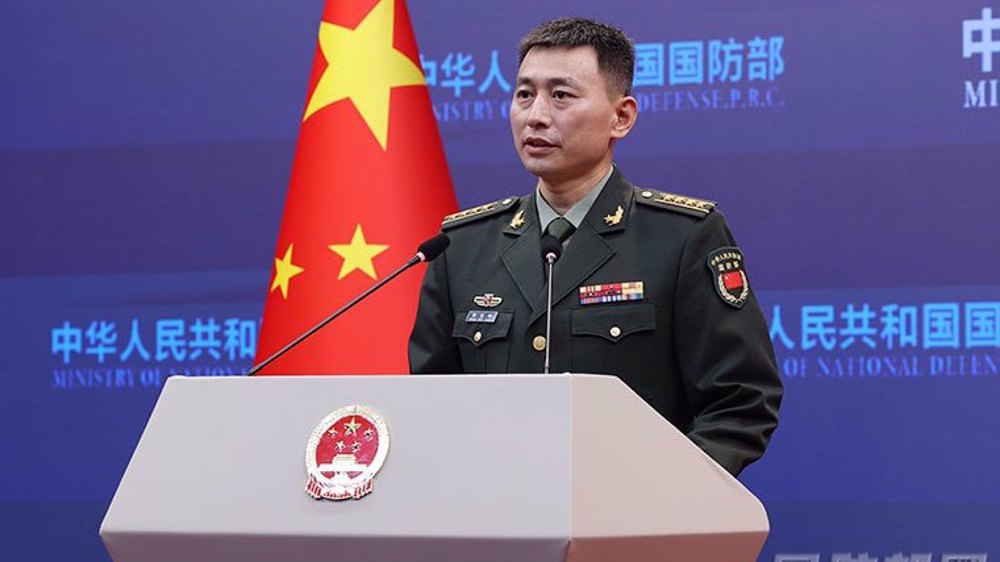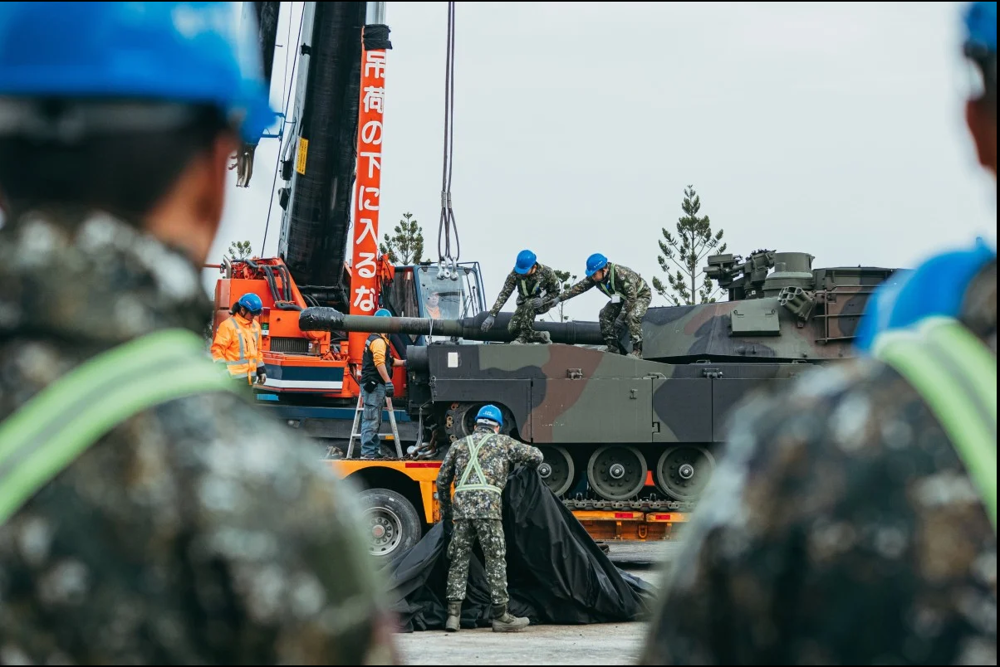China censures war crimes committed by Australian troops in Afghanistan, urges full probe
China has severely censured unlawful killings by Australian forces in Afghanistan and called for a thorough probe into the heinous crimes to bring those involved to justice.
The findings of an investigation published last week revealed that Australian soldiers “unlawfully” killed at least 39 Afghan civilians and inmates between 2005 and 2016.
The heavily-redacted 465-page report, released by Inspector-General of the Australian Defense Force (IGADF), found that senior commandos forced junior soldiers to kill defenseless captives in order to “blood” the troops for combat.
The report also explained that once a person had been killed, those responsible would stage a fight scene by placing weapons next to the bodies of the deceased to give the impression that they had posed a military threat.
Australian military officials admitted that a “destructive” culture of impunity among the troops had led to a string of murders and cover-ups by 25 Special Forces personnel in 23 separate incidents, and that the killings had taken place "outside the heat of battle."
The report has sparked an outrage among the Afghan people.
Chinese Foreign Ministry spokesman Zhao Lijian expressed shock and condemnation over the report, urging probe into the killings, which he said exposed the "hypocrisy" of Australia and some other western countries that proclaim themselves as human rights defenders.
"We are shocked by the details disclosed in this report and strongly condemn such violations of international conventions and human conscience. We call for a thorough investigation and for those responsible to be brought to justice,” Zhao said at a press briefing in Beijing on Friday.
"Australia and some Western countries always regard themselves as 'human rights defenders' and are always ready to point fingers at other countries' human rights. The facts revealed in this report fully expose the hypocrisy of the so-called human rights and freedoms of these Western countries," he added.
"The countries concerned should reflect on themselves, think more about how to take measures to solve their own serious violations of human rights and problems contrary to conscience, and stop using the issue of human rights to interfere in other countries' internal affairs and engage in political manipulation," Zhao concluded.
Days after the release of the damning report, the Australian military sent notices of likely dismissal to 13 soldiers suspected of being witnesses to the killings, or of being dishonest in testifying.
The Australian government had previously spent years trying to gag whistle-blowers or dismiss reports of wrongdoings by the country's military personnel.
Australia, which is not a member of NATO, has had an active role in Afghanistan since the US, along with a number of its allies, invaded the country in 2001. That war and the subsequent occupation continue to this day, even as Australian combat troops have reportedly been pulled out.
The war removed a Taliban regime from power but has failed to stop militant activity in the country and restore security. The ongoing chaos has also paved the way for the Takfiri Daesh terror group to gain a foothold in Afghanistan's east.
Australia still has about 1,500 troops remaining in war-ravaged Afghanistan.
More than 100,000 Afghans have been killed or injured since 2009, when the UN Assistance Mission in Afghanistan began documenting casualties.
US deploys aircraft carrier to PG to support troops withdrawal
Meanwhile, the US military announced the deployment of its aircraft carrier USS Nimitz to the Persian Gulf alongside other American warships, in a proclaimed bid to provide “combat support and air cover” for soldiers withdrawing from Iraq and Afghanistan.
The US administration has set a January 15 deadline for the army to draw down its forces from Iraq and Afghanistan.
The deployment comes as regional tensions are on the rise following the assassination of Iranian physicist Mohsen Fakhrizadeh by terrorists in his vehicle in a small city east of the capital Tehran on Friday.
Iranian Foreign Ministry Mohammad Javad Zarif roundly condemned the terror attack, saying there were “serious indications” of the Israeli regime’s role in the assassination.
Fakhrizadeh’s name was mentioned multiple times in a presentation in 2018 by Israeli Prime Minister Benjamin Netanyahu, during which he repeated baseless claims about the Iranian nuclear program.
Netanyahu described the scientist as the director of Iran’s nuclear program and threatened, “Remember that name, Fakhrizadeh.”
The Tel Aviv regime has made several attempts over the past years to throw a wrench in Tehran’s peaceful nuclear work.
The regime has been behind the assassination of several Iranian nuclear scientists. It has also conduced cyberattacks on Iranian nuclear sites.
Iran: Syrian people will decide their future without foreign interference
IRGC says Iran’s power exceeds borders, warns enemies to adjust themselves
Dozens detained, several wounded in Israeli raids in West Bank
‘Ethnic cleansing’: Hamas blasts Israeli attacks on Gaza hospital amid intl. silence
Saudi delegation meets HTS leader at presidential palace in Damascus
Relentless Israeli ceasefire violations justify need for self-defense: Lebanese MP
Tel Aviv tells Damascus Israeli forces will remain in occupied territory: Report
Dec. 22: ‘Axis of Resistance’ operations against Israeli occupation













 This makes it easy to access the Press TV website
This makes it easy to access the Press TV website